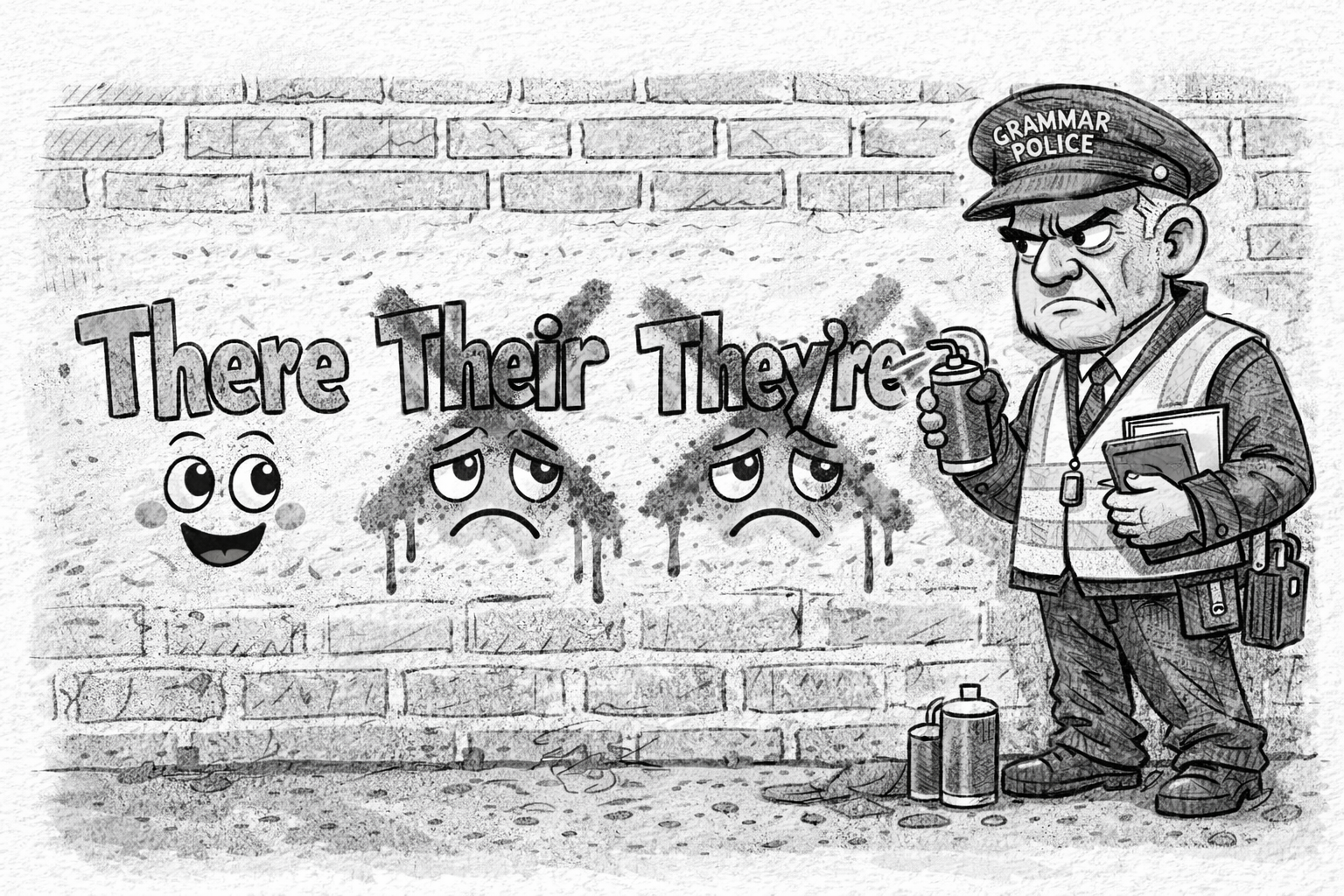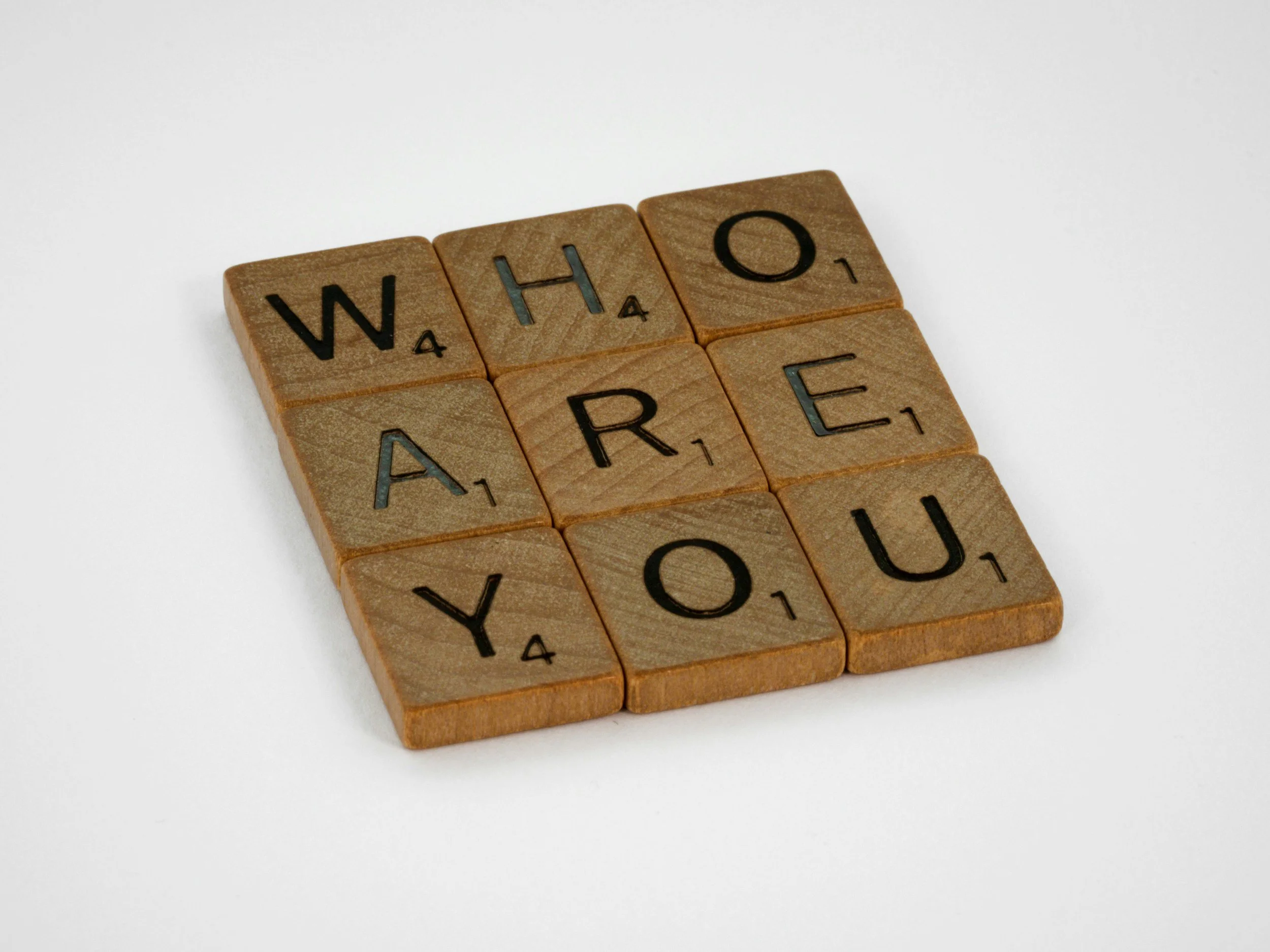Truth Vs Honesty: Understanding the Fine Line Between Reality and Intention
In our everyday lives, the concepts of truth and honesty are often used interchangeably, even though they have subtle yet impactful differences. Both are foundational to trust, authenticity, and relationships, yet they work on different premises. Where truth is a matter of factual accuracy, honesty is a matter of personal sincerity. Understanding this distinction can help us become more conscious communicators and empathetic listeners. Let’s explore the nuanced relationship between truth and honesty, and why knowing the difference matters.
Table of Contents
Truth vs. Honesty: Defining the Essentials
Truth is usually viewed as objective, a statement of facts that align with reality. It is something universally accepted (or verifiable) as accurate, regardless of personal opinion or perception. If you say, "It is raining outside," whether or not this is true can be confirmed by stepping outside or checking the weather report.
Honesty, on the other hand, refers to the expression of one’s beliefs, perceptions, or feelings with sincerity. It is subjective because it is based on the individual’s perspective. If you tell someone, “I didn’t mean to hurt you,” you’re being honest in expressing your intention. Honesty might not always align with the truth, as it's tied to a person’s internal understanding and interpretation rather than external verification.
In a sense, truth is about what is, while honesty is about what one believes to be.
The Complexity of Honesty Without Truth
Honesty is frequently seen as a virtue, but what happens when honesty doesn’t align with the truth? We’ve all heard phrases like “I’m just being honest,” often used to justify blunt remarks or unpopular opinions. Yet, honesty alone does not make something true. You might be honest in saying, “I believe this project will fail,” even if the project succeeds against the odds. Your honesty reflects your perception, which can be skewed, uninformed, or biased. This becomes particularly tricky in relationships, where misunderstandings can arise if honesty is mistaken for truth.
An example that highlights this is eyewitness testimony. People giving their honest accounts may convey what they truly remember, but memory is fallible, shaped by emotions, biases, and other influences. While they are being honest, their accounts may not align with the objective truth of events. In such cases, we encounter the tension between truth and honesty: an honest statement can still be inaccurate or incomplete.
Truth Without Honesty: The Limits of Objectivity
On the other hand, one can convey the truth without necessarily being honest. This happens in situations where people withhold their true thoughts, emotions, or motives while delivering factual information. For instance, if someone is upset but says, “I’m fine” when asked about their feelings, they may be telling the “truth” of being outwardly composed but are not being honest about their internal state. Here, the factual accuracy of the statement doesn’t equate to transparency or trustworthiness.
This subtle interplay between truth and honesty often emerges in our professional lives, where we may feel compelled to stick to factual statements while concealing our true feelings or motives. For example, a manager might relay that a decision was made “in the best interest of the company” without disclosing their personal stake in the outcome. While they may be conveying the truth about a decision’s rationale, the omission of their own motives adds a layer of dishonesty.
In these cases, truth can lack authenticity. Just as honesty without truth can mislead, truth without honesty can foster suspicion or mistrust.
Why the Distinction Matters in Relationships and Society
The distinction between truth and honesty becomes crucial in our relationships, workplaces, and communities. In relationships, we crave both—truth so we can understand each other clearly and honesty so we can feel connected to each other’s inner worlds. Imagine a friend who always gives you factual advice but never discloses their true feelings. Or a partner who is scrupulously truthful but conceals personal struggles out of a desire to “keep up appearances.” Without a balance of both truth and honesty, these relationships can feel shallow, cold, or even deceptive.
In a broader societal context, truth and honesty play essential roles in shaping trust in institutions, the media, and leadership. Consider political discourse, where a leader’s factual statements may technically be true but omit certain contexts or intentions that would affect public perception. This selective “truth-telling” can mislead without technically lying, raising questions about ethical responsibility. For an informed and engaged society, leaders and media must strive for both truth and honesty, giving people not just data but transparent context and insight.
Navigating the Gray Area: When to Prioritize Truth or Honesty?
In daily life, navigating the line between truth and honesty requires sensitivity and judgment. Some situations might demand strict adherence to the truth—such as legal matters, where accuracy is paramount. Other scenarios might prioritize honesty, like a friend asking for genuine feedback, where it’s less about facts and more about supporting them emotionally.
But what happens when truth and honesty come into conflict? Imagine telling a “white lie” to spare someone’s feelings, a practice that many people see as compassionate rather than deceitful. In such cases, people often prioritize honesty about intentions—“I don’t want to hurt you”—over strict truth. While this might seem like bending ethical lines, it raises the question: Is the value of truth absolute, or does it sometimes need to yield to kindness or empathy?
Cultivating Truth and Honesty Together
In an ideal world, we would strive for a balance of both truth and honesty in all situations, creating a blend of factual accuracy and heartfelt sincerity. Here are a few ways to foster that balance:
Self-awareness: Reflect on whether you’re being honest or just saying what’s convenient or expected. Are you communicating your true feelings, or are you hiding behind facts to avoid vulnerability?
Empathy: Before asserting a truth, consider the other person’s perspective. Can you phrase your truth in a way that also shows understanding and respect for their feelings?
Transparency: Where possible, disclose not only facts but also intentions. Letting people understand the “why” behind your words can bridge the gap between truth and honesty.
Open Dialogue: Create environments where others feel safe sharing both truths and honest feelings. Dialogue that respects both will encourage authenticity and reduce the need for defensive “truths” or self-protective “honesty.”
Simply Put: A Partnership, Not a Trade-Off
In the end, truth and honesty are not opposing forces but partners in building authentic connections and integrity. Truth is the framework, the solid ground upon which trust stands. Honesty is the soul, the warmth that humanizes our interactions and lets people feel seen and valued. By understanding the difference, we can better navigate the delicate art of communicating in a way that is both accurate and compassionate.
We live in a world that craves authenticity, not just factual correctness, and that means nurturing both truth and honesty. Neither is complete without the other, and both are essential to creating relationships—and a society—that thrives on openness, trust, and mutual respect.











